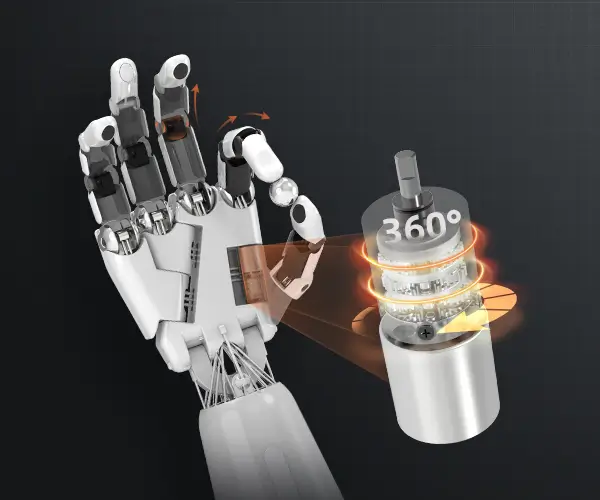Ever stumbled upon a motor that seems almost too good to be true? You know, those low RPM electric motors that pack a punch in torque, making your projects or machines run smoother than a jazz solo? Let's talk about high torque, low RPM motors—what's the real deal with them, and why are they getting everyone’s attention?

First off, when you hear "low RPM," think of a motor that turns slowly but delivers serious power. It’s like that powerful human handshake—you won't mistake the strength. These motors aren’t about spinning fast; they're about pulling heavy loads, maintaining torque at low speeds, and doing so reliably over time. It’s a different philosophy than your typical high-speed motor—think of it as the iron grip versus the quick flick.
Now, what makes a high torque, low RPM motor stand out? For starters, it’s their ability to handle heavy-duty tasks without overheating or losing performance. Imagine lifting a hefty piece of furniture—you're not sprinting, but you're applying consistent, steady force. That’s what these motors do best. For instance, in industrial automation, where precision handling and sustained torque matter, these motors shine. They’re often used in conveyor belts, robotic arms, or even certain agricultural machinery. The review chatter? People rave about how these motors keep their projects running smoothly, with less maintenance hassle and more reliable performance.
But hold on, does that mean they’re perfect for everything? Not exactly. At times, users wonder if they’re worth the investment, especially when considering energy consumption. Since these motors operate at lower speeds, you'd think they'd sip power, but that’s not always the case. The efficiency depends heavily on their design and application—some models deliver incredible torque with minimal energy use, while others might need a bit more juice.
Plus, there's always that concern—what about noise? It turns out, low RPM motors tend to be quieter under load compared to their high-speed counterparts. That’s a bonus for environments where silence is golden, like in hospitals or delicate manufacturing setups.
Thinking about longevity, it's pretty impressive. Heavy loads and slow speeds typically mean less wear and tear. People who’ve used these motors in demanding scenarios often mention fewer breakdowns over years than high-speed models assaulted by rapid, repeated motions.
If you're pondering, what’s the catch? Well, size can be a factor—these motors aren’t always tiny, and housing them might require some space. Also, if rapid acceleration is needed, they probably aren't your go-to. But for steady, reliable power that keeps things moving at a controlled pace, they’re unmatched.
So, what about the future of high torque, low RPM electric motors? Looks bright. As industries lean more toward energy efficiency and durability, these motors are likely to become even smarter, packing in better thermal management and adaptable controllers.
In the end, what’s the scoop? If you’re building or maintaining machinery that needs a gentle yet powerful hand, these motors offer robust performance that’s hard to beat. They’re like the dependable friend who shows up ready to do heavy lifting and sticks around for the long haul. For anyone after quality, reliability, and that extra punch in the torque department, exploring these motors—especially those renowned in reviews—could be your best move.
Established in 2005, Kpower has been dedicated to a professional compact motion unit manufacturer, headquartered in Dongguan, Guangdong Province, China.




































